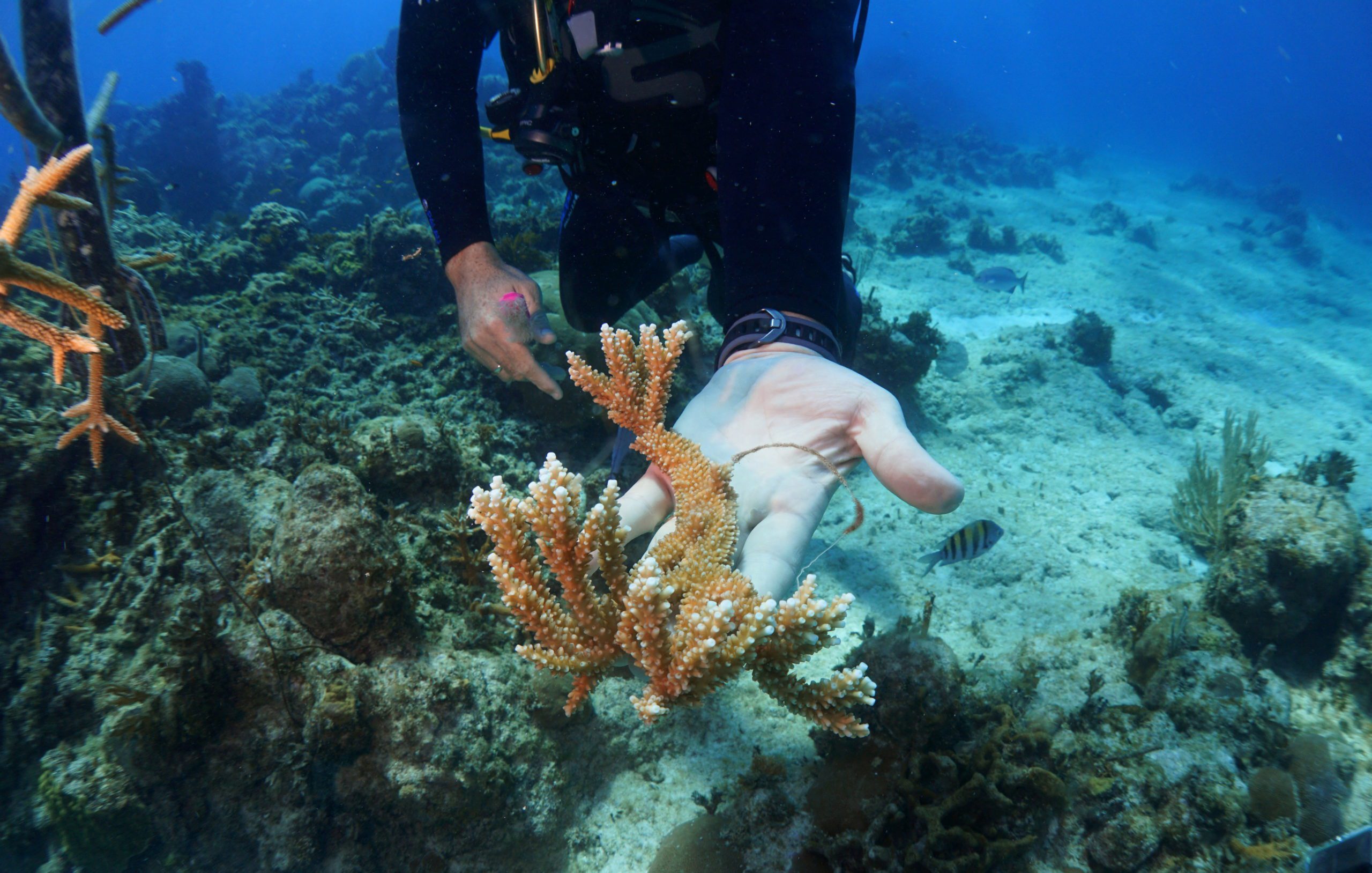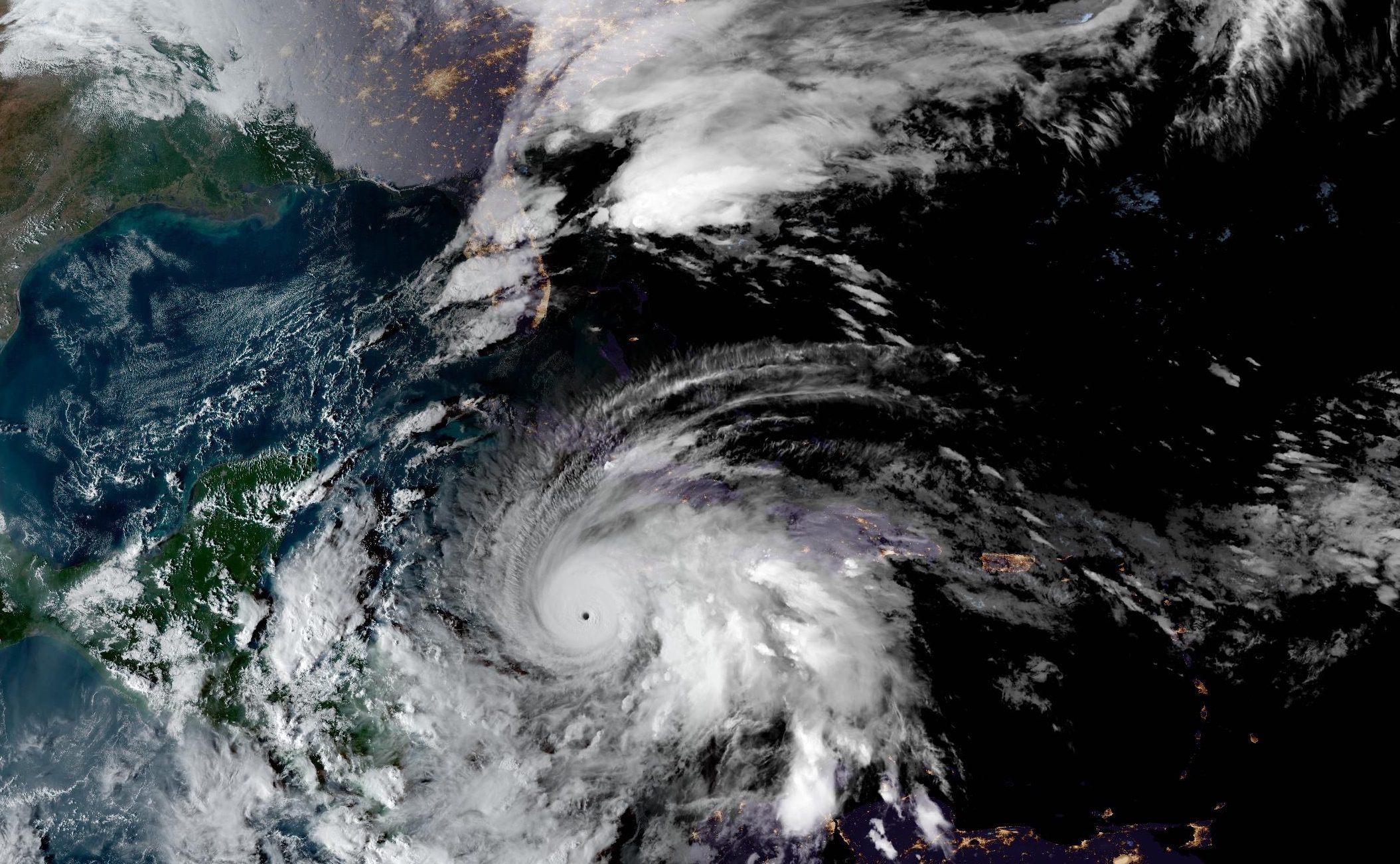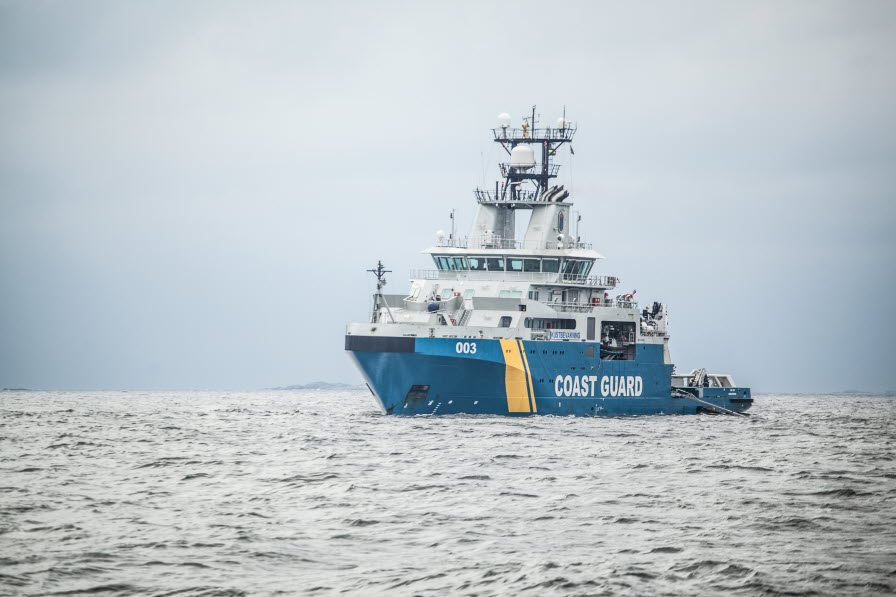By Dave Sherwood
MATANZAS, Cuba,(Reuters) – A small group of Cuban dive instructors, working on a shoe-string budget and with flotsam salvaged from the beach, have launched a small-scale project to grow corals and replant them, in hopes of restoring a patch of Cuba’s barrier reef.
Luis Muiño, 44, one of the project’s leaders, grew up as a fisherman nearby, and said he saw his beloved reefs outside the mouth of Matanzas Harbor, on Cuba’s north coast, slowly decline and fish grow scarce over nearly three decades.
“It’s incredible the loss of coral in the past 30 years,” Muiño told Reuters. “Our dream is to repopulate again the parts of the barrier reef that have lost their corals.”
To make that happen, Muiño, together with fellow dive instructors and neighborhood schoolchildren, donned snorkel and dive gear three years ago and began collecting fragments of coral strewn about the ocean floor after major storms.
With support from Cuba’s National Aquarium, Cuban environmental program Ecovalor, and the internet – plus a knack for improvisation – the team began hanging those fragments on the branches of underwater “trees” made from old plastic plumbing.
The bits of coral, supported by yellowing fishing line salvaged from the beach, grow quickly, Muiño said, and then are “replanted” on the coral reef, anchored by nails driven into the rock.
In a year, most survive and grow enough to repopulate a span of barrier reef between 60 to 80 meters (200 to 262 feet) in length, he said.
“It’s a project that takes time,” said co-worker Michel Soto, 47, who said the project had exceeded expectations despite the limitations in funding and tools typical in Cuba. “Everything is difficult but we keep pushing ahead … and we are making progress.”
Like many coral reefs globally, Cuba’s are threatened by changing water temperatures, invasive species, pollution and over-fishing.
The world has lost 30 to 50 percent of its coral reefs already, according to the U.S. National Oceanic and Atmospheric Administration (NOAA).
Karine Guillevic, a French diver visiting Cuba for the first time, said the reef compared favorably to others she had seen on dives elsewhere in the world, including Africa.
“The coral …needs to be protected,” she said after two dives on a recent trip to nearby Varadero. “It’s good to see that in Cuba they take care of what they have, and that it is still not too affected by too much tourism.”
Muiño said a healthy reef and a happy tourist are his real reward.
“We do this out of love for the reef,” Muiño said. “I have had the privilege of serving clients from all over the world, some of whom had never seen the sea, and its satisfying to see the happy faces.”
Reporting by Dave Sherwood and Reuters TV; Editing by Sandra Maler
(c) Copyright Thomson Reuters 2022.

 Join The Club
Join The Club












